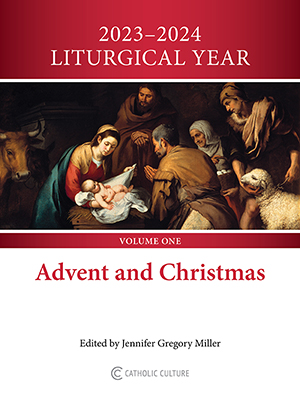Fathers of the Church
Letter I: to Eustathius the Philosopher
by Basil the Great in 357-370 | translated by Blomfield Jackson, M.A
MUCH distressed as I was by the flouts of what is called fortune, who always seems to be hindering my meeting you, I was wonderfully cheered and comforted by your letter, for I had already been turning over in my mind whether what so many people say is really true, that there is a certain Necessity or Fate which rules all the events of our lives both great and small, and that we human beings have control over nothing; or, that at all events, all human life is driven by a kind of luck. You will be very ready to forgive me for these reflexions, when you learn by what causes I was led to make them.
On hearing of your philosophy, I entertained a feeling of contempt for the teachers of Athens, and left it. The city on the Hellespont I passed by, more unmoved than any Ulysses, passing Sirens' songs.
Asia I admired; but I hurried on to the capital of all that is best in it. When I arrived home, and did not find you,—the prize which I had sought so eagerly,—there began many and various unexpected hindrances. First I must miss you because I fell ill; then when you were setting out for the East I could not start with you; then, after endless trouble, I reached Syria, but I missed the philosopher, who had set out for Egypt. Then I must set out for Egypt, a long and weary way, and even there I did not gain my end. But so passionate was my longing that I must either set out for Persia, and proceed with you to the farthest lands of barbarism, (you had got there; what an obstinate devil possessed me!) or settle here at Alexandria. This last I did. I really think that unless, like some tame beast, I had followed a bough held out to me till I was quite worn out, you would have been driven on and on beyond Indian Nyssa, or any more remote region, and wandered about out there. Why say more?
On returning home, I cannot meet you, hindered by lingering ailments. If these do not get better I shall not be able to meet you even in the winter. Is not all this, as you yourself say, due to Fate? Is not this Necessity? Does not my case nearly outdo poets' tales of Tantalus? But, as I said, I feel better after getting your letter, and am now no longer of the same mind. When God gives good things I think we must thank Him, and not be angry with Him while He is controlling their distribution. So if He grant me to join you, I shall think it best and most delightful; if He put me off, I will gently endure the loss. For He always rules our lives better than we could choose for ourselves.
Taken from "The Early Church Fathers and Other Works" originally published by Wm. B. Eerdmans Pub. Co. in English in Edinburgh, Scotland, beginning in 1867. (PNPF II/VIII, Schaff and Wace). The digital version is by The Electronic Bible Society, P.O. Box 701356, Dallas, TX 75370, 214-407-WORD.







